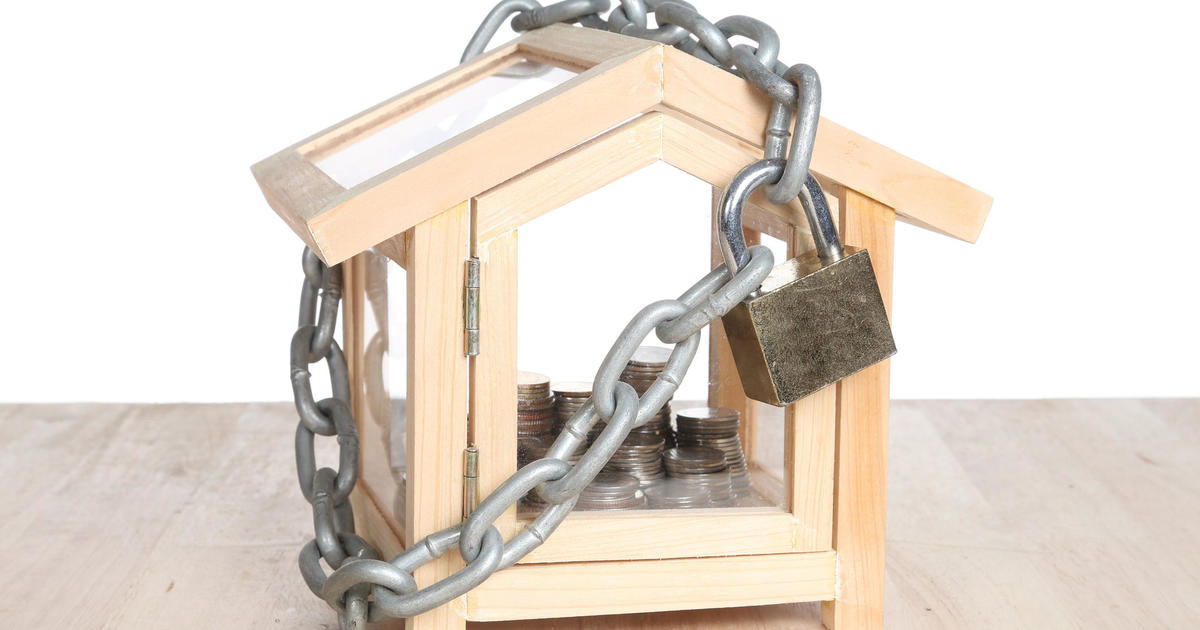Ballot measures to watch regarding health care costs
How angry are Americans about drug prices and health insurance? Election Day might prove to be a barometer on those two issues as voters in two states will have their say on these topics.
California voters will cast their “yea” or “nay” over Prop 61, a ballot measure that would limit the price that state agencies pay for prescription drugs. Colorado voters will say whether they want to create a single-payer health system. The ballot measures come as Americans say the high cost of prescription drugs should be the next president’s top heath care priority.
Prop 61, also called the California Drug Price Relief Act, would require pharmaceutical companies to provide the same prices to state-run health programs as the U.S. Department of Veteran Affairs receives. That’s because the VA gets a 24 percent discount from the drug’s list price by law, and the agency also negotiates. Support for Prop 61 is gaining on the eve of the election, with former Democratic presidential candidate Bernie Sanders stumping for the measure over the weekend.
“It is clear the pharmaceutical companies view this as a major threat,” wrote FBR Capital Markets health care policy analyst Chris Meekens in a research note. Meekens pointed out that the drug industry has raised at least $86 million to fight the proposal, compared with only $14 million for its supporters.
The rising price of prescription drugs has sparked outrage among many lawmakers and Americans, thanks to surging costs for everything from EpiPens to insulin. The latter is an almost century-old medication that has more than tripled in price over the past decade.
Despite the lack of funding for support of Prop 61, voters appear evenly split. An October poll found 47 percent of voters supported the measure, while 47 percent said they’d vote against it, Reuters reported. Six percent were undecided.
While it’s unclear how many Californians would be affected if Prop 61 passes, its supporters say as many as 7 million could see a benefit. It would cover low-income patients who use Medi-Cal’s Fee for Service program, prison inmates and state employees and retirees, according to the Los Angeles Times.
Still, even if it passes, it’s likely to face a legal challenge, Meekens wrote, adding that he believes a drug industry lawsuit “has strong potential for success.” One reason voters outside California should track whether Prop 61 passes: Other states are “highly likely to follow” if the measure passes, he added.
Coloradans are voting on implementing a single-payer universal health care system, although its passage doesn’t look as likely as California’s drug-pricing measure. That’s because the first line of the ballot reads that state paxes would have to increase $25 billion annually in the first full fiscal year, or an increase of 10 percent on income taxes.
“In Colorado, previous ballot measures proposing a tax increase have failed more than they have passed,” Meekens noted. “Attempts to raise taxes to fund education, improve roads and even help the developmentally disabled all failed by wide margins.”
Yet if this measure did pass, the state’s single-payer health care program -- which was a core issue for Senator Sanders during his Democratic primary campaign -- would finance insurance for most residents in the state, under a waiver that’s available through the Affordable Care Act.
It’s no accident that some voters would want to replace Obamacare with a single-payer system, given that the state’s insurance rates are jumping 20 percent on average next year for individuals.
Aside from health care, four states -- Arizona, Washington, Maine and Colorado -- are considering measures to raise their minimum wages. One thing that the health care ballot measures and minimum-wage votes have in common: They’re supported by younger voters. In that way, these items could prove to herald Election Day battles in the years to come.
“These initiatives share a common trait in that they are generally supported by younger, more progressive voters,” UBS analysts said. “Passage of some of these initiatives will depend on a robust turnout of these voters, which has not been reflected in early voting thus far.”



